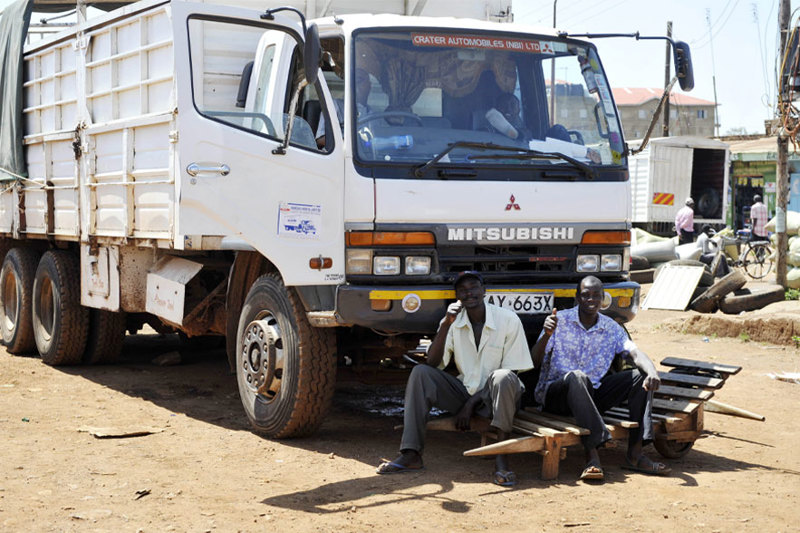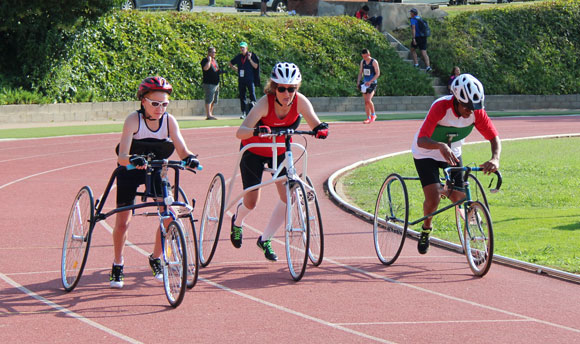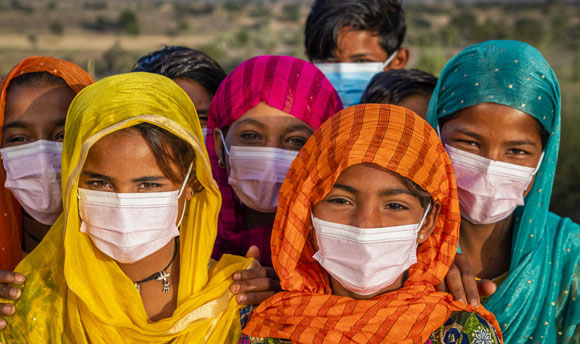Co-Designing Health Innovations to Reach Mobile Men with Co-Morbidities in Uganda and Zambia (HIMM)
October 2025 - October 2030

In Uganda and Zambia, men face a high burden of infectious diseases (ID), higher mortality due to non-communicable diseases (NCD), and have lower health care utilization than women. For men whose livelihoods depend on travel away from a primary residence, mobility complicates diagnosis, treatment, and follow-up, critical for managing co-morbidities. The HIMM project will examine NCD-ID co-morbidities in men who reside in urban neighbourhoods and border towns but whose livelihoods depend on mobility. Using ethnographic, epidemiological, and health services research methods, the project will generate evidence on men's mobility patterns, health risks, and healthcare access. This information will inform the co-design, with men themselves, of a mobility-sensitive intervention to improve access to NCD-ID screening and care, that will be tested through a feasibility study. The project's novelty lies in conducting research 'on the move', working with an under-researched mobile population, and bridging formal and informal health systems to improve men's access to care.
IGHD staff involved in the HIMM Project are Karina Kielmann (lead), Karin Diaconu, Marcia Vera-Espinoza, and Mariel Horncastle.
- About this project
- Project objectives
- Partners
- Funding
- Key results and impact
With increasing mobility, individuals face distinct health risks and vulnerabilities that differ from non-mobile individuals. While mobility may offer access to livelihood assets, it may also compromise health care pathways. Mobile men's health needs are underserved: mobility complicates diagnosis, treatment adherence, and follow-up. Despite calls for integrated NCD-ID care, health systems in Uganda and Zambia remain fragmented, and data on men's co-morbidities are largely hospital-based. The HIMM project addresses this gap by examining how male gender, mobility, and informality intersect to influence health-seeking and service access. Drawing on theory and methods from anthropology, geography, and public health, HIMM will study mobile men in urban informal settlements and border towns in Uganda and Zambia. It will triangulate ethnographic, epidemiological, and health systems data to co-design a mobility sensitive health intervention in collaboration with mobile men and health stakeholders. The feasibility study will assess delivery, uptake, and acceptability, informing future work to evaluate the intervention's cost-effectiveness and scalability.
Our objectives are to:
- Understand mobility patterns, the NCD-ID co-morbidity burden and access to care among men whose livelihood strategies depend on travel away from home
- Collect ethnographic, epidemiological, and health services data on mobility patterns, health risks, and men's pathways to care.
- Co-design an intervention with mobile men to improve access to NCD-ID screening and care.
- Conduct a feasibility study of the co-designed intervention to access delivery, uptake, and acceptability among mobile men and health care providers.
- Generate evidence to inform a larger study assessing scalability and cost-effectiveness across Uganda and Zambia.
- Institute of Tropical Medicine (ITM), Antwerp, Belgium
- Queen Margaret University (QMU), Edinburgh, UK
- Makerere University, Department of Social Work and Social Administration, Kampala, Uganda
- Zambart, Lusaka, Zambia
- Umeå University, Department of Epidemiology and Global Health, Sweden
Novo Nordisk Fonden under the call “Transdisciplinary Approaches to Mobility and Global Health.”
Full proposal: Co-designing Health Innovations to reach Mobile Men with Co-Morbidities in Uganda and Zambia (HIMM).
Application Reference: 0090103.
Pilot award reference: NNF24SA0092803.
Total requested budget: 11,217,715 DKK.
Project period: 01/10/2025 – 31/03/2030
The evidence will inform co-design of an intervention with mobile men to improve their access to NCD-ID screening and care. A feasibility study of the co-designed intervention will determine if the intervention can be delivered as intended and assess its uptake and acceptability among mobile men and health care providers. Results from this project will inform a larger study that examines whether the strategy can achieve its goals at a reasonable cost, and can be expanded across the two countries.
The HIMM project aligns with our institutional mission to advance global health equity through research and collaboration. Founded on a partnership that is committed to making a positive difference for mobile men’s health outcomes in Uganda and Zambia, the project will generate evidence on a neglected area of men’s health and health care access that is relevant to global contexts where mobility is increasingly common for environmental, political, and socio-economic reasons. With our extensive inter- and multi-disciplinary expertise, strong networks, and commitment to participatory and impactful research, we are confident that the project will contribute timely and innovative mobility-sensitive strategies for men’s health, with an impact not only on men’s health but also potentially on their livelihoods.

![]()










